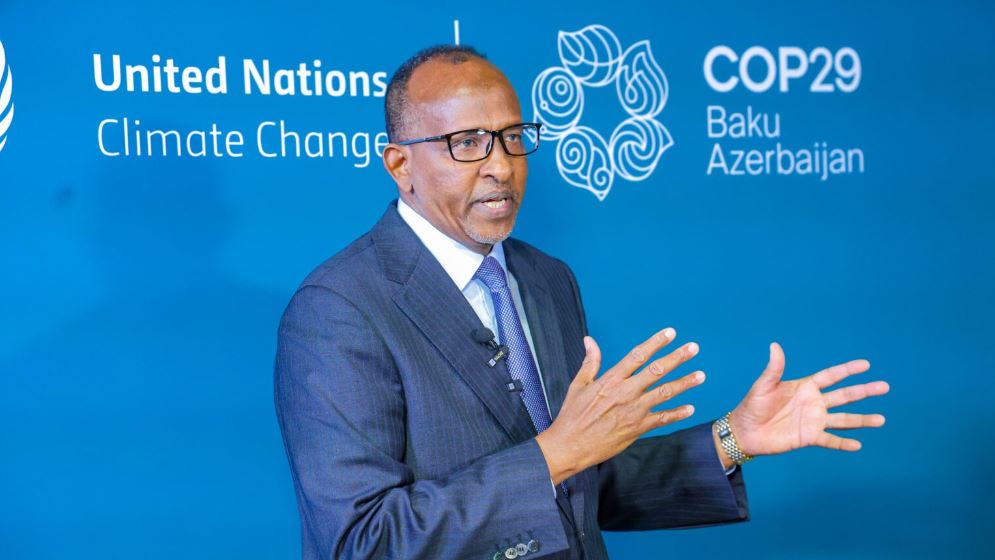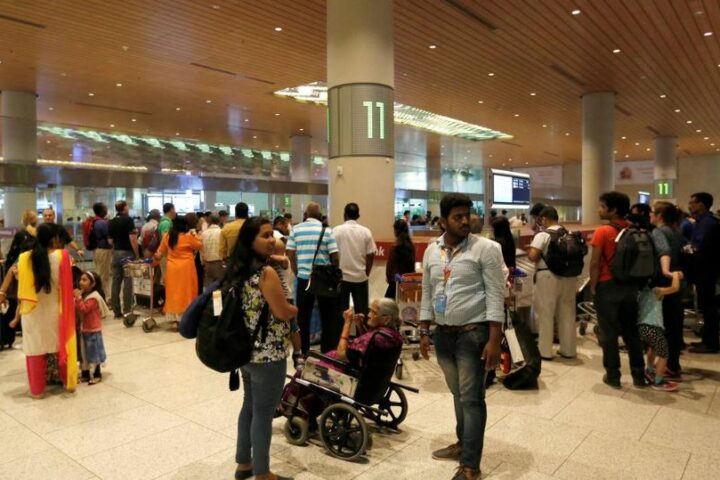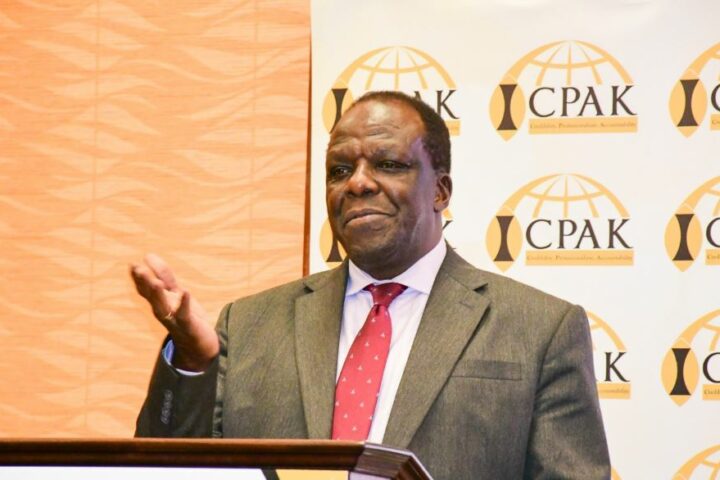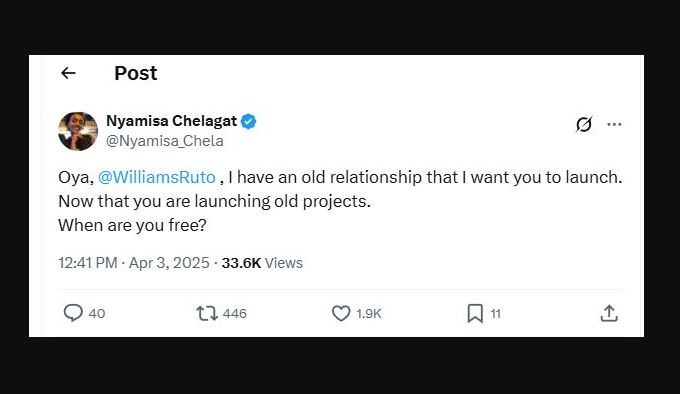 Environment and Climate Change Cabinet Secretary Aden Duale has unveiled plans to implement a color-coded waste segregation system aimed at addressing waste management challenges and reducing pollution in the Nairobi River.
Environment and Climate Change Cabinet Secretary Aden Duale has unveiled plans to implement a color-coded waste segregation system aimed at addressing waste management challenges and reducing pollution in the Nairobi River.
Speaking at the ongoing COP29 climate talks in Baku, Azerbaijan, CS Duale outlined the government’s new initiative, which is part of the National Sustainable Waste Management Act of 2022. This move aligns with the government’s broader vision to create a cleaner, more sustainable Nairobi.
The new system will require households to separate their waste into three categories: green for organic waste, blue for dry recyclables, and red for hazardous materials.
“Every person pays for his garbage, am I right? And we must find out the person who picks your garbage. The person who picks the garbage from your house must know where he dumps,” Duale emphasized during his address.
Under the new plan, waste collection trucks will follow specific routes and deliver waste to designated Material Recovery Facilities (MRFs), where it will be processed according to its type. This system is designed to make waste management more efficient and ensure that materials are properly handled and recycled or disposed of.
CS Duale also addressed a common misconception regarding the source of pollution in the Nairobi River. He dismissed the idea that informal settlements are primarily to blame, arguing that wealthier individuals—especially from the middle and upper classes—are the real contributors to pollution. These individuals, he explained, tend to purchase new items more frequently, generating more waste, which in turn significantly contributes to pollution.
“The informal settlements don’t pollute the river,” Duale said, adding that the informal settlements consume what they produce without significant waste.
“The people who pollute the river are the middle class. Garbage is found in the middle class. The people in the informal settlements, everything they have they eat.”
In addition to individual waste production, Duale noted that industries and private waste collectors also contribute to pollution. The National Environment Management Authority (NEMA) recently reported that over 90 percent of pollution in Nairobi’s rivers comes from industries, slaughterhouses, and poorly managed sewage systems.
According to NEMA, 145 facilities along the Nairobi River basin are discharging untreated industrial effluents into the river due to malfunctioning or absent effluent treatment plants.
The government is addressing this issue by issuing restoration orders to these facilities, and Duale reassured that authorities are taking a firm stance on compliance.
“If you have a factory, you must show where and whether you are putting in place an affluent system. And I think now they are all complying with our conditions,” he stated.
The National Sustainable Waste Management Act is part of a broader effort to shift Nairobi toward a circular economy, a model that prioritizes minimizing waste and promoting the reuse and recycling of materials. This transition is especially crucial for Nairobi, which has faced increasing waste management challenges.
CS Duale emphasized the importance of this shift, stating, “We must move toward a circular economy, where part of the waste can be recycled. Every supermarket should have a bin for organic waste.”
Through this new initiative, organic waste such as food scraps will be collected separately and can be repurposed for composting or biogas production, reducing the amount of waste sent to landfills and creating a more sustainable waste management system for the city.








